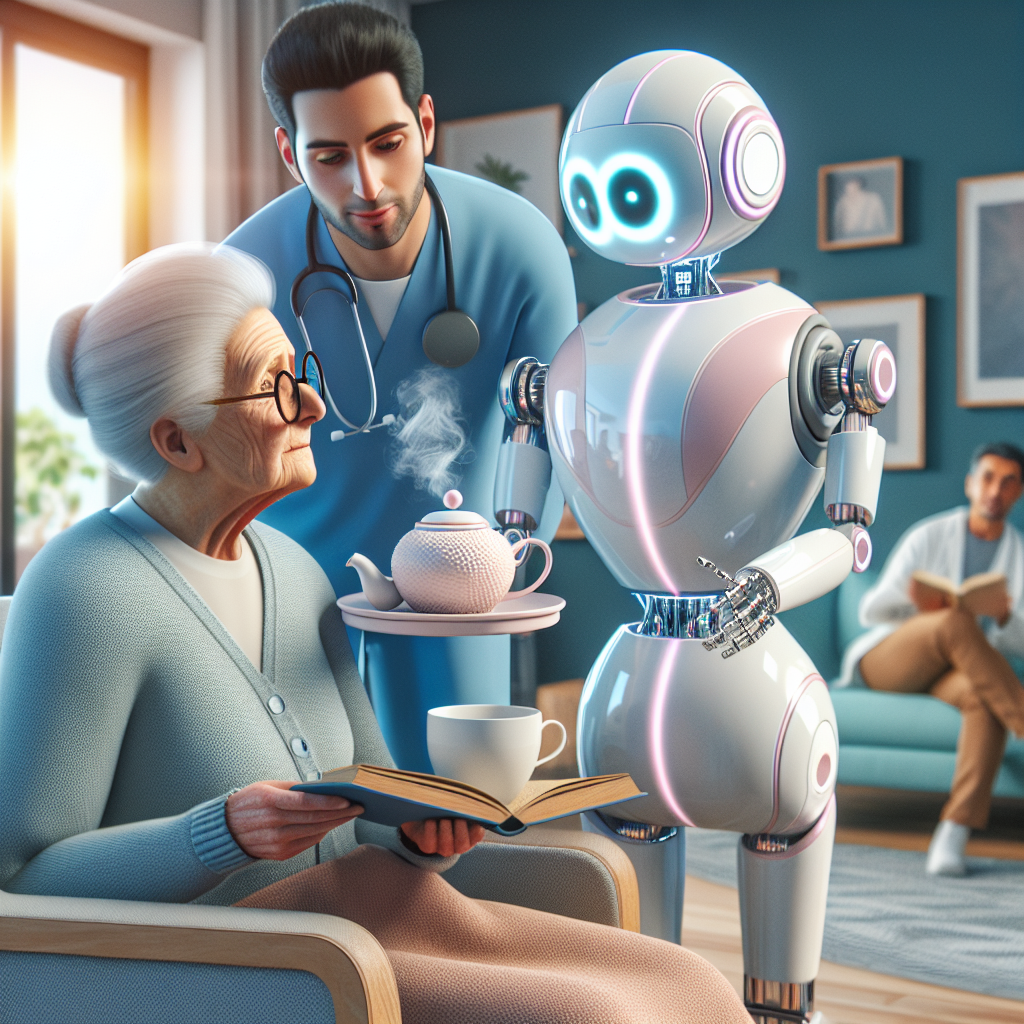Understanding AI in Elder Care
Hey there! Wondering about how Artificial Intelligence (AI) is transforming elder care? You’re not alone. Let’s dive into some of the most common questions people have about this fascinating topic.
So, what exactly is AI in elder care?
Great question! AI in elder care refers to the use of intelligent systems and technologies tailored specifically to assist older adults. This can range from simple tasks like reminders and monitoring to more complex functions such as predictive health analytics and autonomous assistance. Think of it as having a super-smart helper dedicated to making life easier for seniors and their caregivers.
How can AI help in daily living?
AI can play a significant role in everyday activities. Here are a few ways:
- Smart Home Devices: AI-powered smart home technologies, such as voice-activated assistants (like Amazon Alexa or Google Home), can help with setting reminders, controlling lighting, thermostats, and even ordering groceries.
- Health Monitoring: Wearable devices equipped with AI can track vital signs, detect falls, and even predict health issues before they become serious. Companies like Apple and Fitbit are already making strides in this area.
- Medication Management: AI can help ensure that medications are taken on time through reminders and monitoring systems, reducing the risk of missed doses or incorrect usage.
Is AI reliable and safe for elder care?
Absolutely! Many of the AI systems designed for elder care undergo rigorous testing and are built to meet strict safety and reliability standards. However, it’s crucial to choose technologies from reputable providers and stay updated with any software updates to ensure best performance.
What should I consider when choosing AI solutions for elder care?
When selecting AI technologies for elder care, consider the following:
- User-Friendliness: Ensure the technology is intuitive and easy for seniors to use.
- Support and Training: Check if the company provides adequate support and training for caregivers and users.
- Customization: Look for systems that can be tailored to the specific needs of the individual.
- Security: Ensure data protection and privacy are prioritized, especially for health-related information.
Aren’t human caregivers better?
Human caregivers are irreplaceable, providing emotional support, companionship, and personalized care that AI can’t replicate. However, AI can significantly augment their efforts, making routine tasks easier and freeing up more time for caregivers to spend with their loved ones.
Wrapping Up
AI in elder care is an exciting field brimming with potential. It offers innovative solutions that can improve the quality of life for older adults and streamline caregiving processes. While it won’t replace human touch, it certainly complements and enhances the overall care experience.
Curious to learn more? Don’t hesitate to ask! We’re here to chat about all things AI and elder care. 😊
